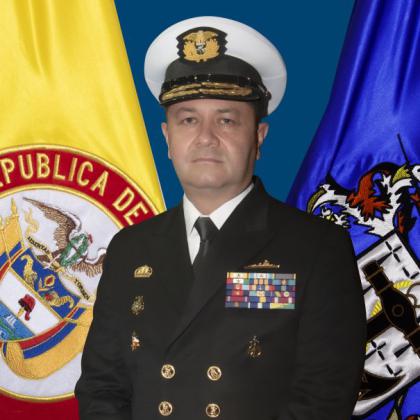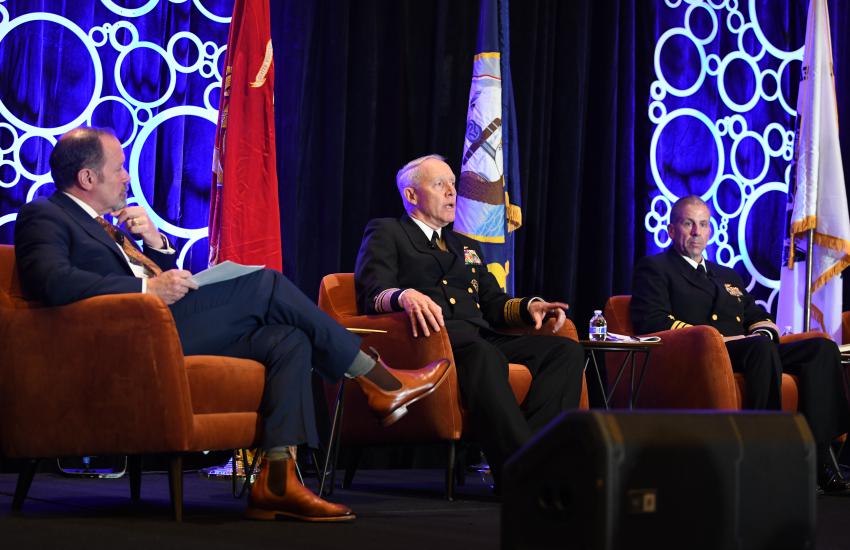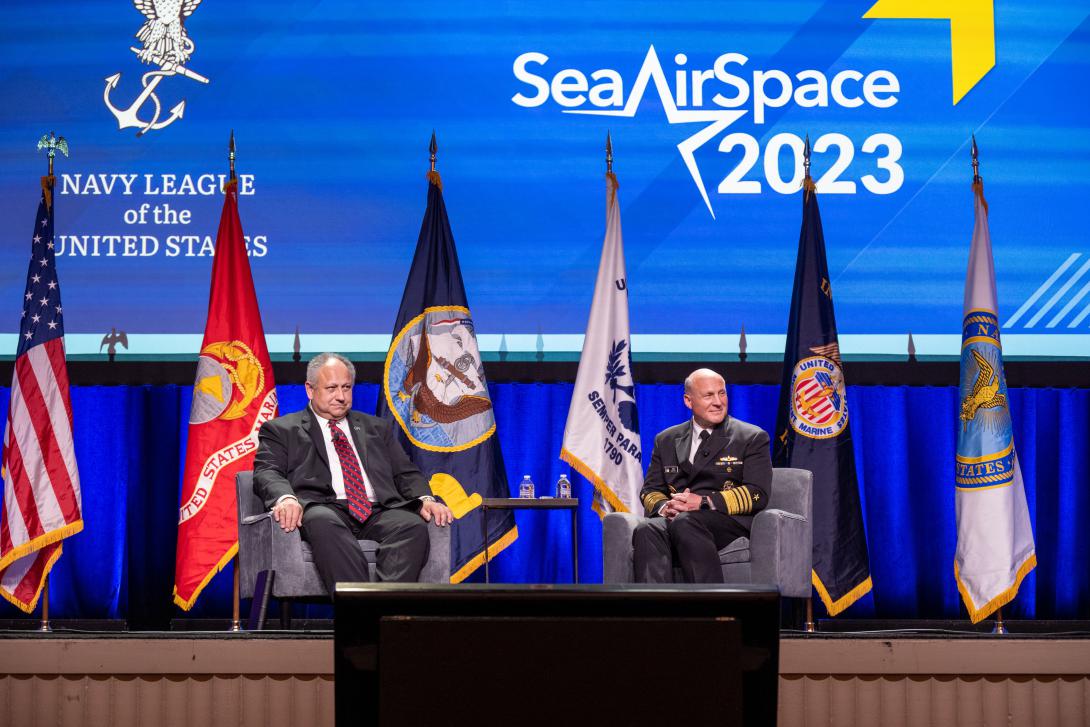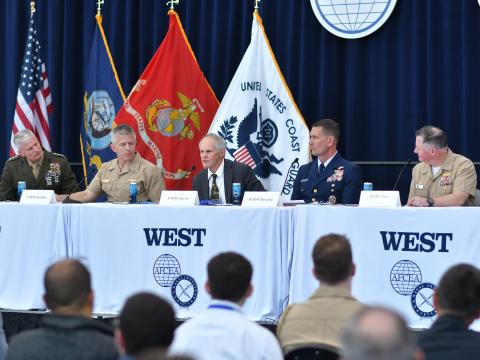Cooperation and Technology Are Crucial for Countering China
The Fourth Fleet will employ unmanned vessels against drug trafficking in the Caribbean, capitalizing on U.S. Navy experience acquired in the Middle East.
“I'm pleased to announce that we will scale unmanned platforms to the fleet level in the Fourth Fleet,” said Carlos Del Toro, secretary of the Navy.
The fleet’s area of operations is on the Atlantic and Pacific coasts of Latin America. The home for unmanned and artificial intelligence experimentation in the Navy, Task Force 59, has worked in the Middle East, building experience fighting against state and nonstate actors.
“The Fourth Fleet area of operations provides us with an environment best suited to operationalize the concepts Task Force 59 has worked tirelessly to develop. To increase our maritime domain awareness, these unmanned platforms will meet the needs of our [U.S. Southern Command] and Fourth Fleet commanders and our partners,” Del Toro said.
Del Toro explained to SIGNAL Media that while the primary interest was limiting drug traffickers’ growing naval capabilities, China’s maritime militia presence on both South American coasts was an issue to deal with as well.
“The [maritime domain awareness] technologies and platforms we're bringing to the region will address several significant challenges. These include narcotics and human trafficking, as well as economic and ecological harm caused by illegal, unreported and unregulated fishing, which the People's Republic of China, through their distant water fishing fleets, participates in [on] both the Pacific coast, the Atlantic coast, Central and South America; the sustained presence of these unmanned platforms will provide us with the endurance and reach necessary to complement the activities of our manned platforms, freeing them up for other missions,” Del Toro told the audience at the Sea-Air-Space Exposition held at the Gaylord National Resort & Convention Center, National Harbor, Maryland, April 3-5.
“We have navy patrols and helicopters for interdictions,” said Adm. Francisco Cubides, commander of the Colombian National Navy. Adm. Cubides stressed communication with partners, especially the United States, when conducting anti-narcotic operations.
“The main tool that we have found in the Colombian navy is cooperation,” added Rear Adm. Norman Iván Cabrera Martínez, Colombia’s chief of naval intelligence.
The immediate challenge is the deterioration of the security for the United States and allies on the Atlantic, mainly through cocaine trafficking. China poses a global threat in seas near and far.

The main tool that we have found in the Colombian Navy is cooperation.
One aspect of strengthening cooperation revolves around soft power and communication at all levels with friendly nations. The goal of the U.S. Coast Guard in the Indo-Pacific was defined by “enhanced maritime security across the Indo-Pacific, primarily through advising, training and building partner capacity,” said Vice Adm. Andrew Tiongson, commander, Pacific Area, U.S. Coast Guard.
Adm. Tiongson explained how his service cooperates with nations around the world, presenting a softer face than the Navy, and showing a U.S. presence to counter China’s.
Still, the Asian country does not abide by rules and uses hybrid resources to project its power worldwide, focusing on the South China Sea and the People’s Republic of China, or PRC, adjacent waters.
“The PRC-sponsored maritime militias, they operate in a way that allows them to try and push their maritime plans, potentially in an effort to gain additional scarce resources and certainly an effort to exhaust some other neighbors,” said Brig. Gen. Simon Doran, USMC, director of Strategy and Plans Division.
“Some of the malign activity there is not necessarily just breaking rules and the rules-based order, it also tries to normalize the deviance,” Gen. Doran added.




Comments